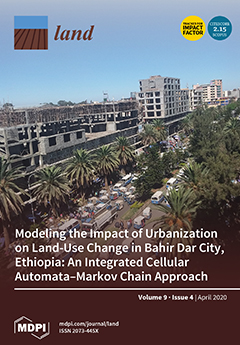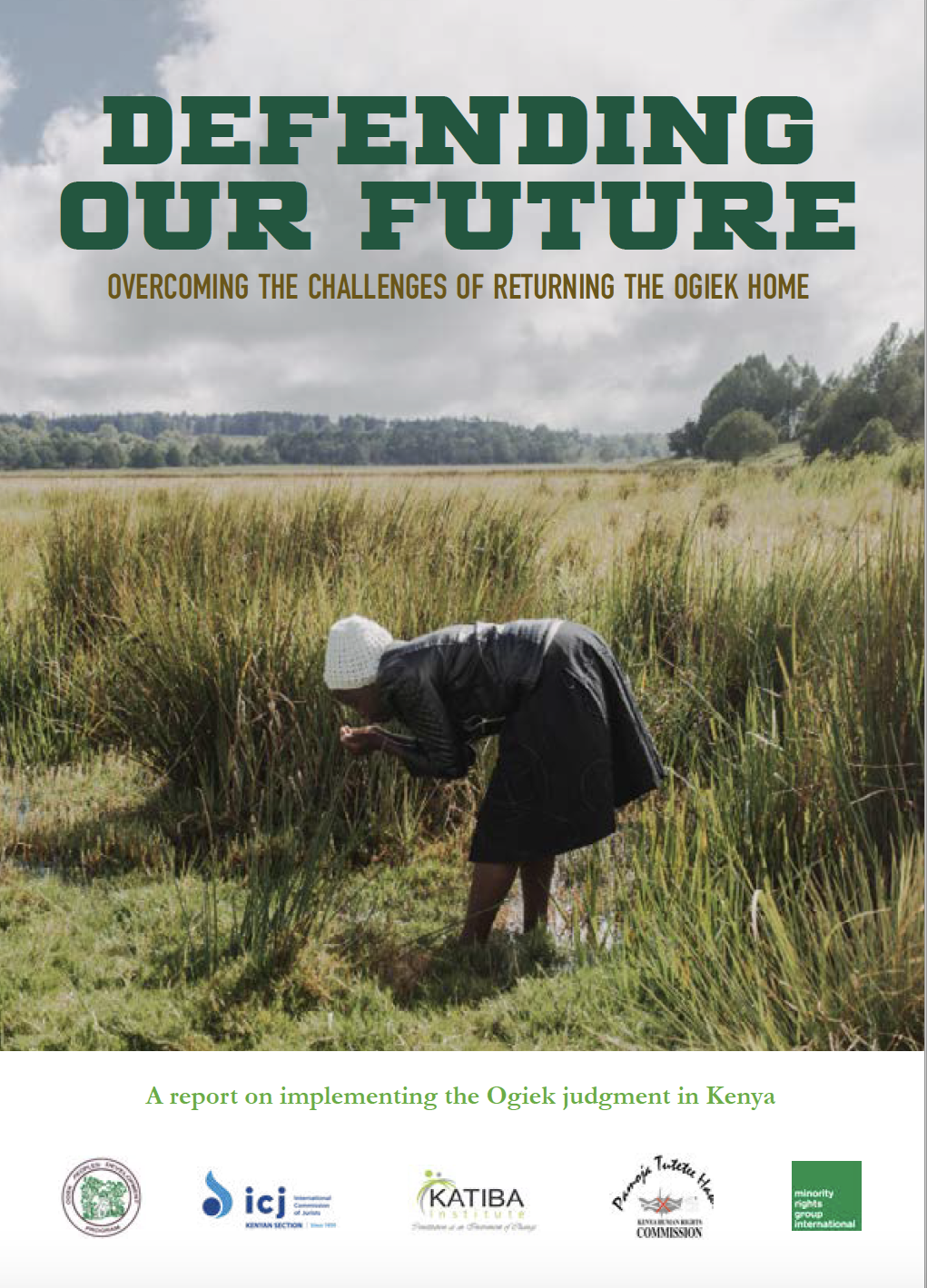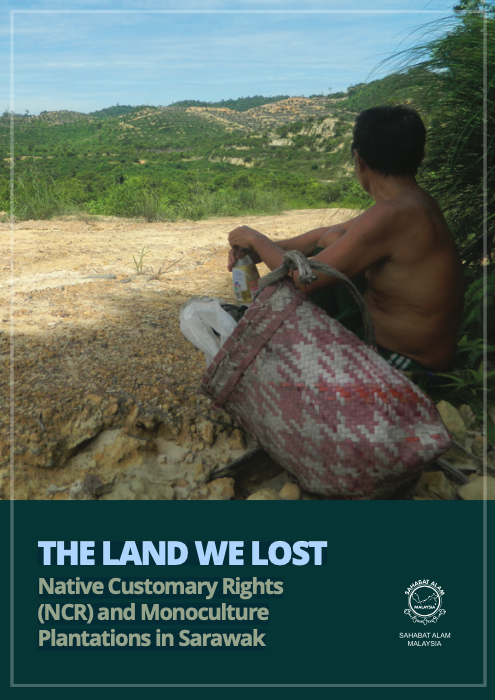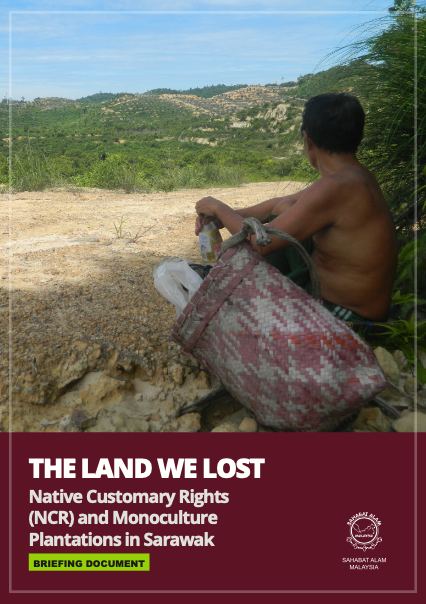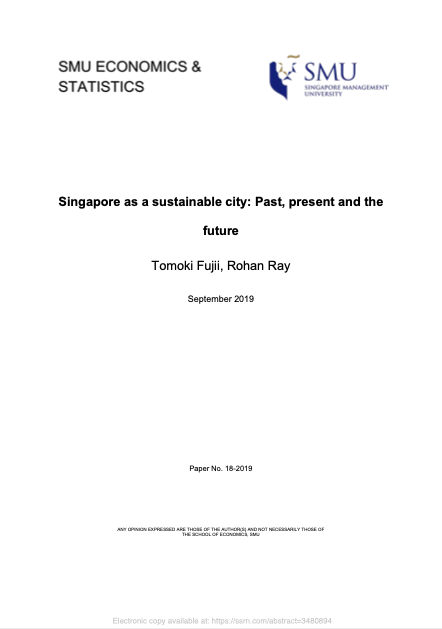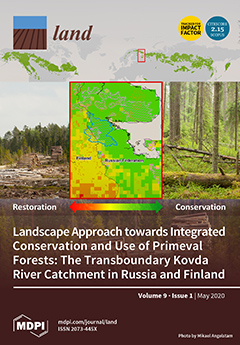Agrarian transformation in Vietnam: land reform, markets and poverty
ABSTRACTED FROM INTRODUCTION: This paper traces the implications of key agrarian transformations −particularly the reforms in land policy and emerging land relations− for livelihood security and vulnerability. Part of a broader societal transformation and globalization of economies, these new development trajectories include commercialization of farmers’ produce, contract farming, cooperative sector reform, rising landlessness and tenant farming, and the end of exclusive dependence on land for earning a living.


